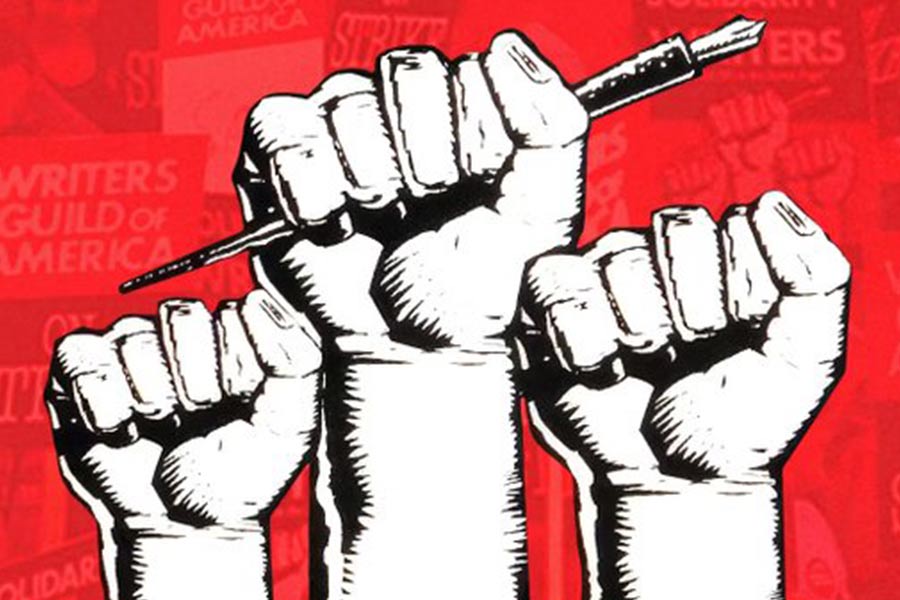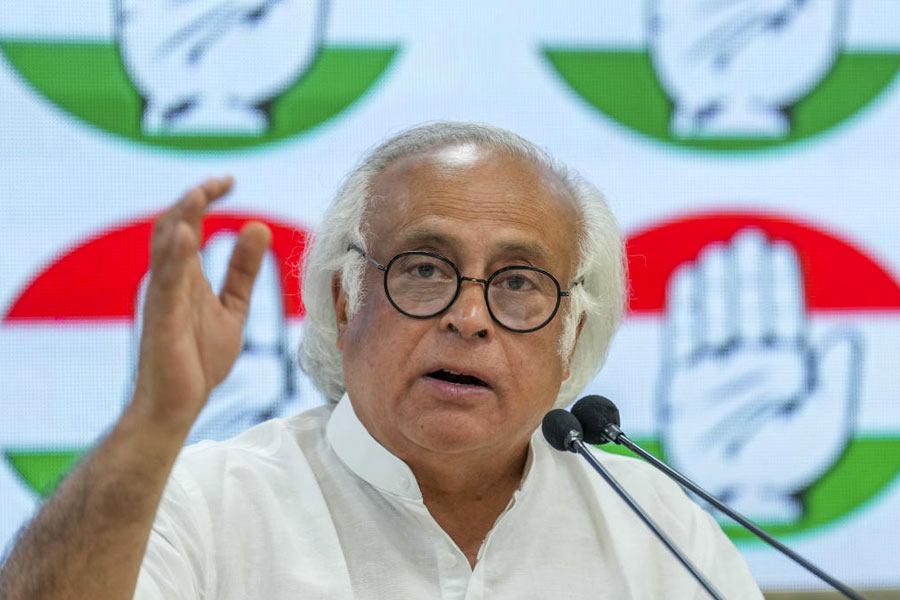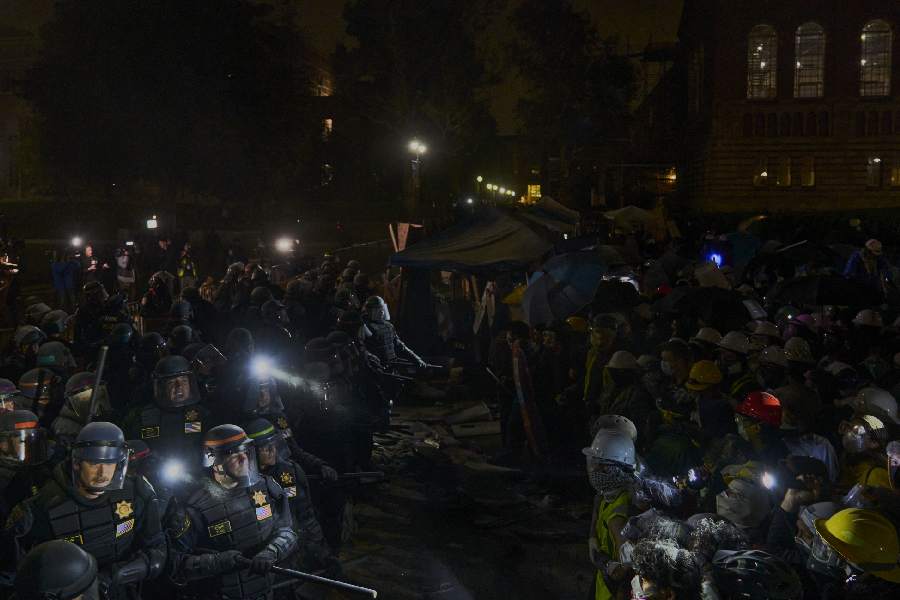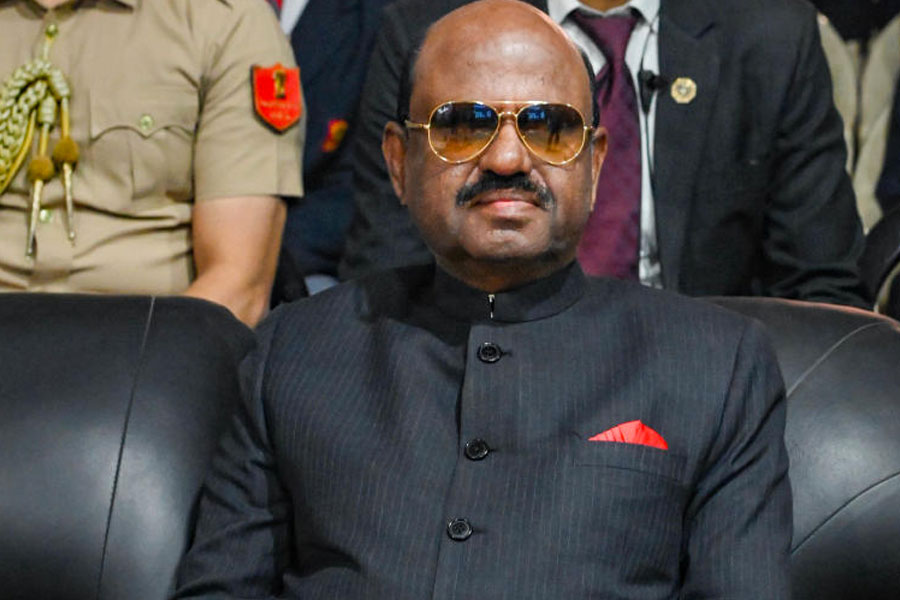Extending their support to the ongoing strike by Writers Guild of America (WGA), India’s Screenwriters Association (SWA) has requested its members to halt their work on US-based films and web series.
Members of the WGA went on strike early this week demanding better wages, higher minimum pay, more writers per show, and shorter exclusive contracts among other things.
The SWA General Secretary Zaman Habib said WGA is making legitimate requests on behalf of the writers' fraternity and they stand in solidarity with them.
"We have appealed to our SWA members, whosoever is working on international shows and films, they should not be writing for now. It is a blanket request... appeal to them. We have great rapport and association with Writers Guild of America (WGA), Writers Guild of Israel, Great Britain, we are also affiliated with International Affiliation of Writers Guild (IAWG), we are one of the members, so we keep supporting each other," Habib told PTI.
He said Guilds of other film industries are also supporting WGA.
"Every Guild has appealed to their members not to take up any show so that they can support the WGA and writers' fraternity. This is a valid demand. WGA is trying to negotiate but it didn't work out with producers so they had to go about with this strike and we are in solidarity with them," Habib added.
About 11,500 Hollywood film and television writers represented by WGA, went on strike early this week.
This is not the first time the entertainment industry in Hollywood has faced such a situation, the last WGA strike of 2007-2008 went for 100 days, before that in 1988, the strike lasted 153 days, causing a significant halt in production.
Veteran screenwriter and an active member of SWA, Anjum Rajabali, said as a writers' Guild it become their moral obligation to stand by WGA's demands.
"We have SWA members who are settled in the US and other countries like Holland and they definitely work (on US-based films and shows)so it is an appeal to all of them to stop working as mark of solidarity. If you believe in the cause of the US writers then it becomes our moral obligation to stand by them," Rajabali told PTI.
Habib said SWA, which consists of about 55,000 members from across the country, is also in discussions with Indian producers about the problems local writers are facing.
“When we support WGA in this negotiation, we also want to negotiate with our producers and we will need their support. We are also ready with our minimum basic contract and we are negotiating with producers individually now,” he added.
Getting paid for royalty was one of the main challenges the SWA has been working to address in regards to the difficulties faced by Indian writers, Habib said.
“No one is talking about royalty whereas all over the world writers are being paid royalties. The bill has been passed in 2012 and now it is 2023 but no one is going ahead with that. We are also suffering and we are taking baby steps. We want to have clear communication with producers,” he added. Rajabali said in India the Guild has remained an association for years rather than function like a trade union.
"WGA is far more organised because they began their collective negotiations much earlier, so a system got formed and consolidated. We have had a far more unorganised approach for so many decades. It has remained as an association rather than function like a trade union," he said, adding that contracts in India favour the producers.
"The fee the writers receive is low. The credit, which should be guaranteed, is not. Therefore, it is important the union takes charge of that. We will begin negotiations with individual studios and production houses to ensure these main issues are resolved. The situation needs action and needs a change."
Except for the headline, this story has not been edited by The Telegraph Online staff and has been published from a syndicated feed.










